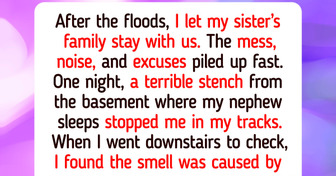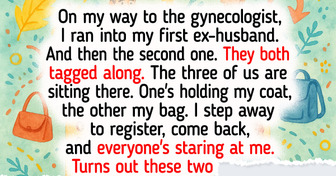I Refuse to Babysit My Stepson Just Because I Work From Home

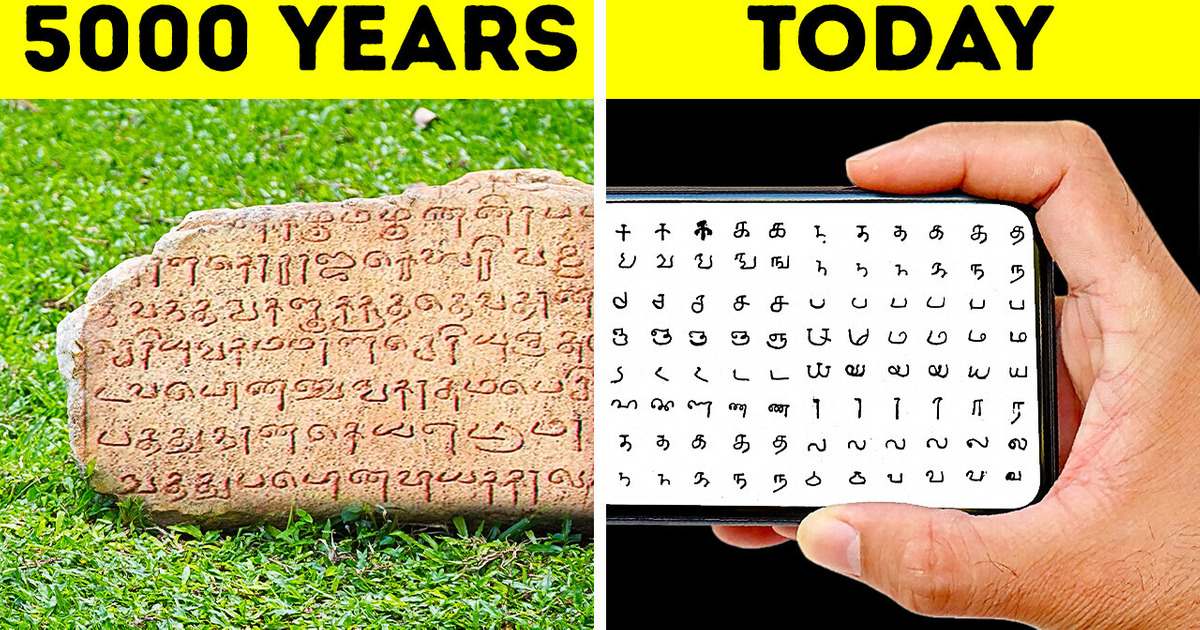
Let’s dive into the fascinating world of Tamil, a language that’s truly one-of-a-kind. From its vibrant history to its user-friendly nature and its wide coverage, Tamil is a linguistic gem that’ll leave you in awe.
For starters, Tamil holds the title of being the oldest living language on the planet. I mean, It’s been around for more than five thousand years! It’s hard to know if it’s truly the oldest language ever, but it sure takes the cake for being the oldest living language still in use today.
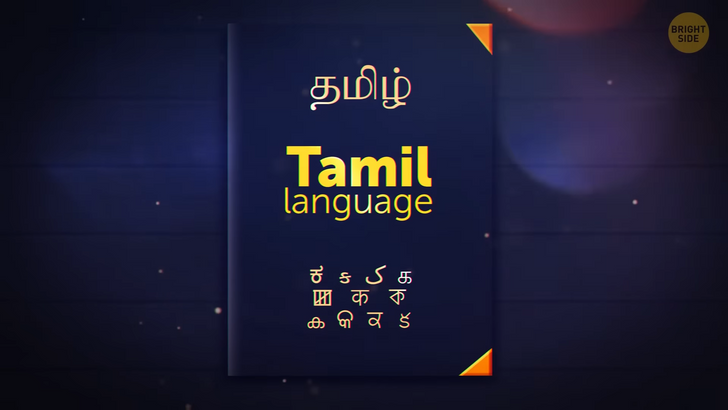
The word Tamil itself isn’t just a one-trick pony. It has multiple meanings up its sleeve. Of course, it refers to the language itself, but it also signifies beauty, sweetness, and even the concept of being natural. Talk about a versatile word! How many people still speak this language today, you might wonder. Tamil is like the rockstar of languages in India, with over eighty-four million native speakers! Globally, almost ninety million people proudly call Tamil their mother tongue.
Hold onto your hats, because things are about to get divine! In India, you’ll find a temple dedicated to none other than Tamil Thai. Now, Thai means mother, and this deity is considered the personification of the Tamil language as a loving and nurturing parent.
This language is also not just limited to its homeland; it’s a language that has spread its wings across its neighboring areas. For instance, it’s also an official language in Singapore and Sri Lanka! Not to mention it’s also recognized as a minority language in South Africa, Malaysia, and Mauritius.
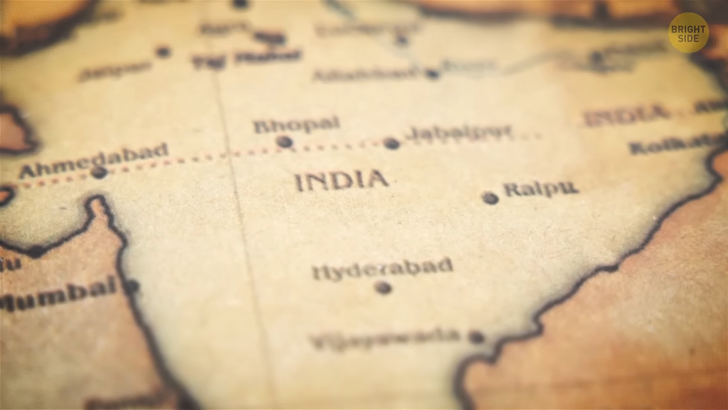
Have you ever wondered how it all started? You know, the whole spoken word shenanigan? And where? It’s not like words magically popped out of thin air, right? It must have taken quite some time to develop. Linguists don’t have an exact date or any clue about what those ancient languages sounded like, but they believe the first spoken language sprouted up around one hundred thousand years ago.
Unfortunately, since written language only came about five thousand years ago, we don’t have much info on what those early languages sounded like. All we know is that they’re somehow related to the languages we speak today.
Earth is one massive place. We’re talking over seven thousand spoken languages among a population of over seven billion. Sounds like a lot, right? Well, historically speaking, that’s not too many. In fact, many languages are gradually fading away, being replaced by their respective country’s official languages. People are hopping on the bandwagon of learning the dominant language for better educational and economic opportunities. Eventually, we might end up with a global language to rule them all.
At the moment, the most used language in the world is English. But hey, it wasn’t always like this! Back in the day, before the world became one huge linked web, there were oodles of small nations and communities scattered all over the globe. That means there were probably hundreds of thousands of languages evolving just like living organisms.
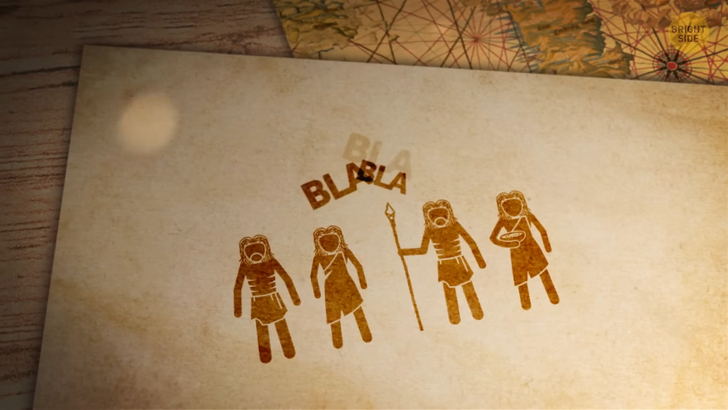
But let’s travel back in time for a bit, shall we? Picture a bunch of early humans roaming the land in their little tribes and communities. Within these groups, language became the bee’s knees, the go-to for communication. It was crucial for their hunter-gatherer lifestyle.
This language thingamajig allowed them to hunt like pros, multiply their numbers, build cool stuff, and survive in all sorts of gnarly conditions, even at high altitudes. Plus, it gave them a leg up on their rivals, like the Neanderthals. Sure, those folks may have been smarter and stronger, but it’s widely believed they didn’t gather together as Homo sapiens did. And so, about forty thousand years ago, poof! Bye-bye, Neanderthals. It just goes to show that language is quite a handy-dandy tool. Or at least that’s one of the theories.
Fast-forward a bit, and humans had conquered all the major land masses. Mesopotamia, for instance, was the hotspot for this linguistic revolution, and by around three thousand two hundred BCE, Sumerian, a totally groovy language, stole the show. To this day, it’s one of the oldest ones we know of, if not the oldest. What’s interesting is that Sumerian had no linguistic siblings. It was like the loner kid on the linguistic playground.
Let’s look into the Sumerian’s writing skills for a bit too. It’s nothing like what we’re used to today. Scientists have named it cuneiform writing, and it emerged as a means to record trade and political information. As a matter of fact, the first recorded name in history wasn’t of a king or some powerful figure — it was most likely the name of an accountant, but it’s difficult to know for sure.
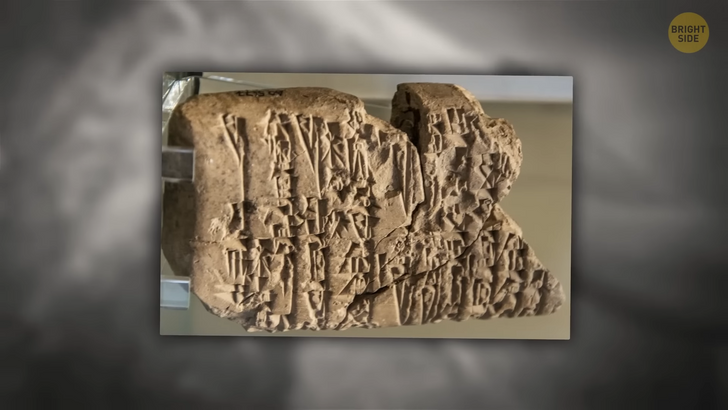
Cuneiform consisted of a collection of pictograms that represented objects or people, much like the ancient Egyptian hieroglyphics. Sumerian culture thrived in several city-states located in the southern region of Mesopotamia. Uruk, known as the first “true” city, was among the stars of the show. However, these cities eventually faced some unwelcome visitors. As a result, by two thousand BCE, Sumerian had taken a back seat, becoming a “classical language” just like Latin.
Now, here’s a little twist in the tale. Sumerian might not actually hold the title of the oldest known language. Egyptian, for instance, emerged around the same time as the Sumerian civilization but along the banks of the Nile. This ancient language also made use of pictograms in its writing system.
But it did undergo some serious transformations due to its interactions with neighboring languages like Ancient Greek, Persian, and Latin. By the time of Roman occupation, Egyptian had become a dead language, gradually replaced by Greek.
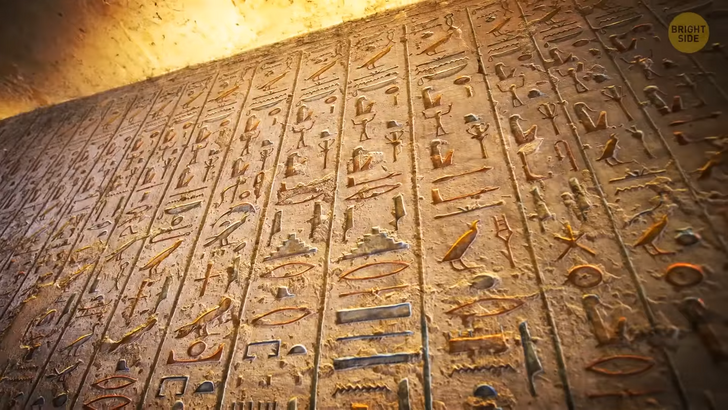
Now, let’s give a special shout-out to another one of those old languages that are still spoken today—Hebrew. This remarkable language has been around for over three thousand years and has managed to remain relatively unchanged throughout its long history. Hebrew is one of the official languages in Israel and around sixty-three percent of the population in this country speaks it. Also, there are approximately six point one million people all over the world who can proudly say that Hebrew is their first language.
We can’t finish up this list without mentioning the amazing Latin language. It all started in this place called Latium in the old Roman Empire, and that’s how it got its name. Back in the day, Latin was the fancy language for all well-educated folks.
But here’s a fun twist: the Latin of yesteryear was a bit different from what we can check out in ancient books today. The alphabet they used was a total rebel, and they even wrote from right to left. Talk about turning the writing world upside down! But over time, they realized it was more fun to go from left to right.
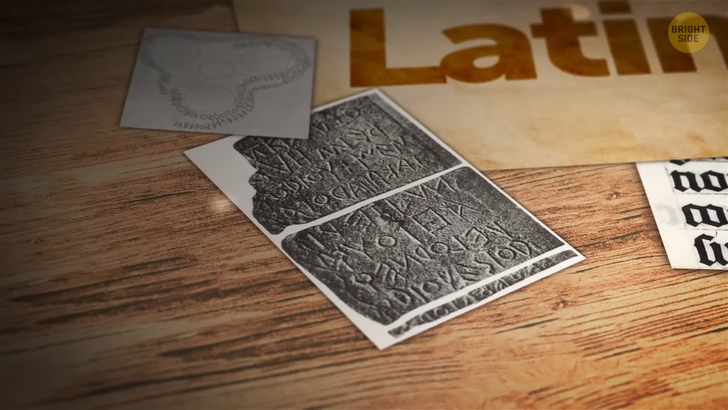
Latin literature? Oh boy, it’s considered the crème de la crème of ancient writing. You know, the kind that scholars and bookworms go crazy for. If there were an Oscar for ancient literature, Latin would be cleaning up all the awards. Latin was also like this ancient influencer. It’s been around for so long that it has influenced a bunch of modern languages.
Many English words are either straight-up taken from Latin or have been heavily influenced by it. More so, Latin has even spawned a family of languages called romance languages. No, no, not about love stories, chocolates, and flowers. Romance languages are the offspring of Latin, thanks to the not-so-gentle nudge of the Roman Empire. We’re talking about languages like French, Spanish, Romanian, Portuguese, and Italian.
But here’s a bummer: Latin is considered a “long gone” language. It’s frozen in time, like a linguistic time capsule. While living languages like English keep changing and growing, Latin is stuck in the past. It had its transformation and alteration phase when it was still spoken, but now it’s just enjoying retirement in the linguistic retirement home.
Regardless, Latin still sneaks into our daily lives without us even realizing it. You know when someone asks you the time, and you say it’s four PM? Well, guess what? You’re speaking Latin! PM stands for Post Meridiem which basically means after midday. And AM? That’s Ante Meridiem, meaning before midday.







